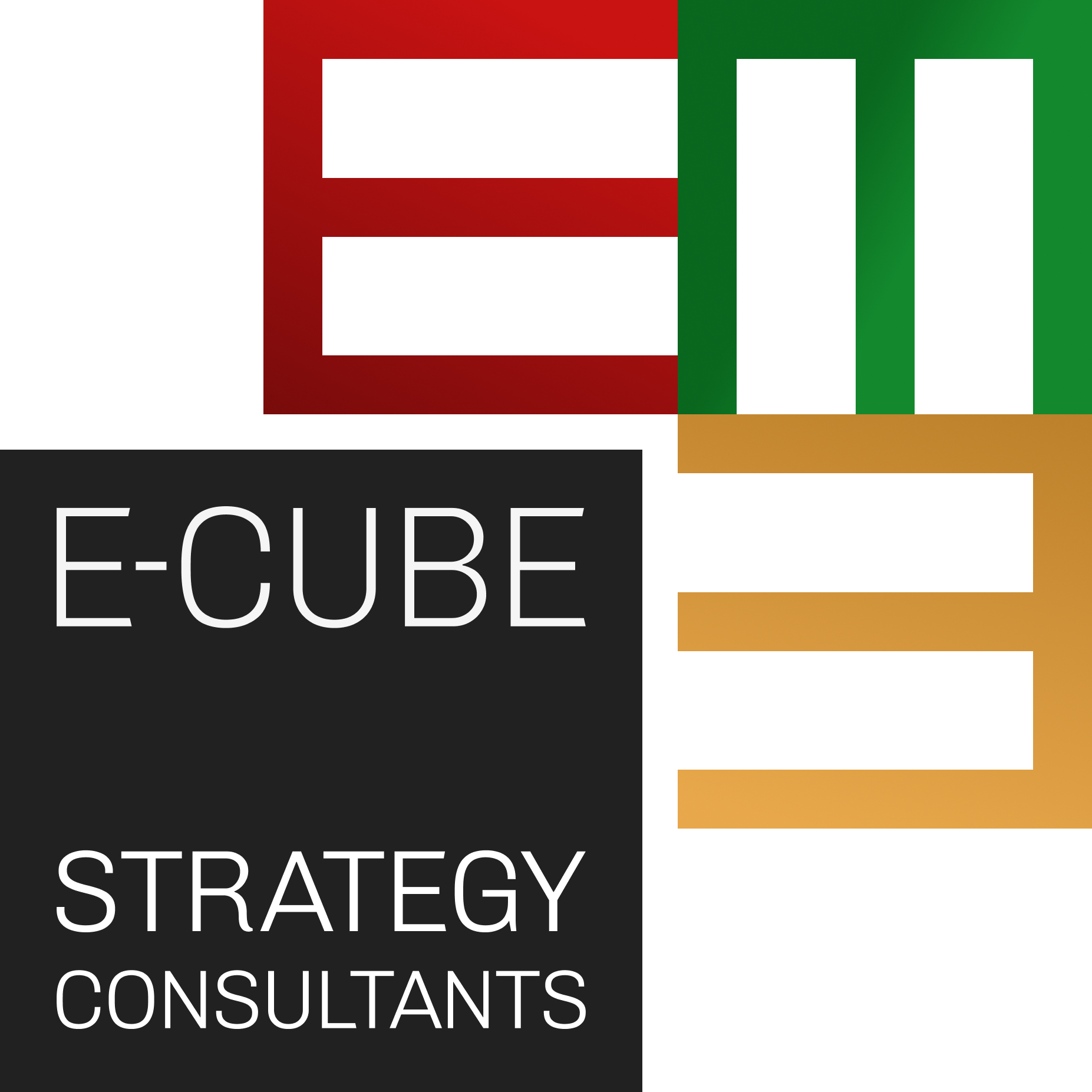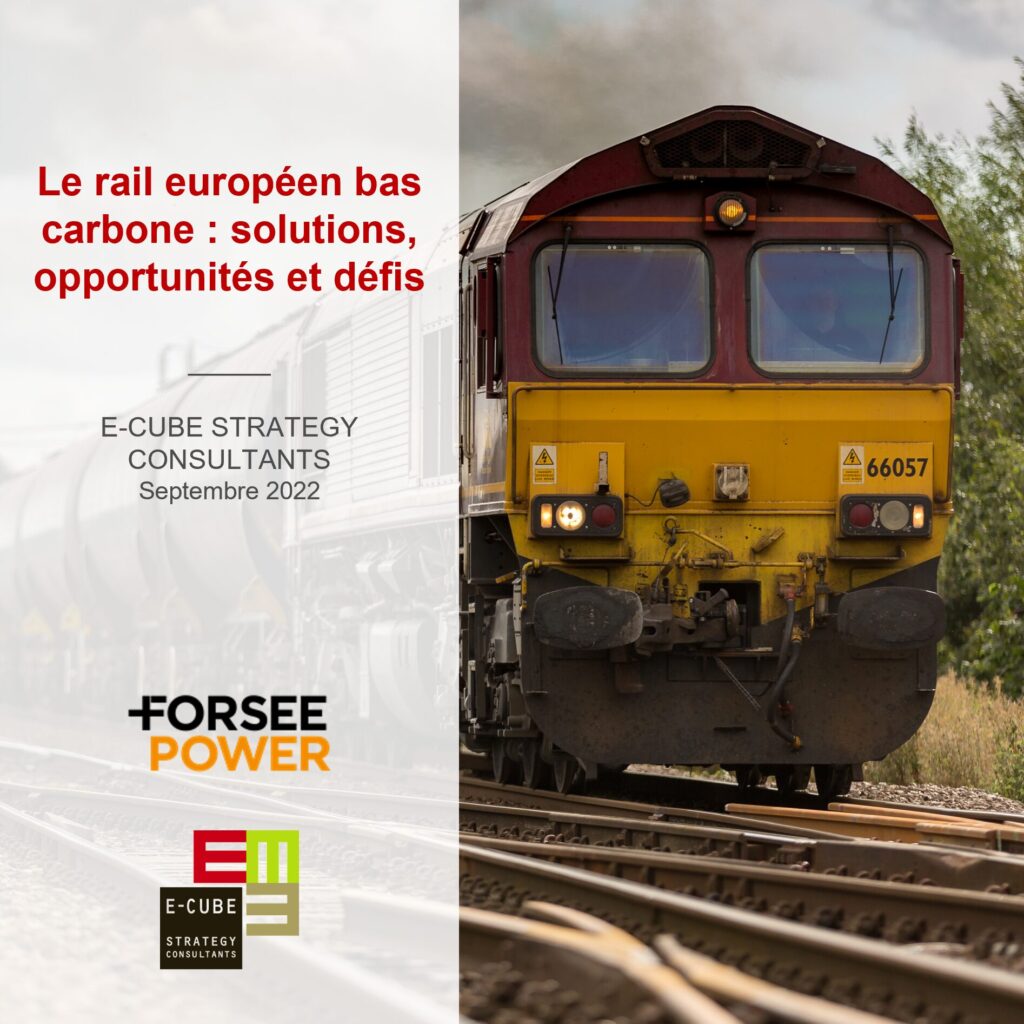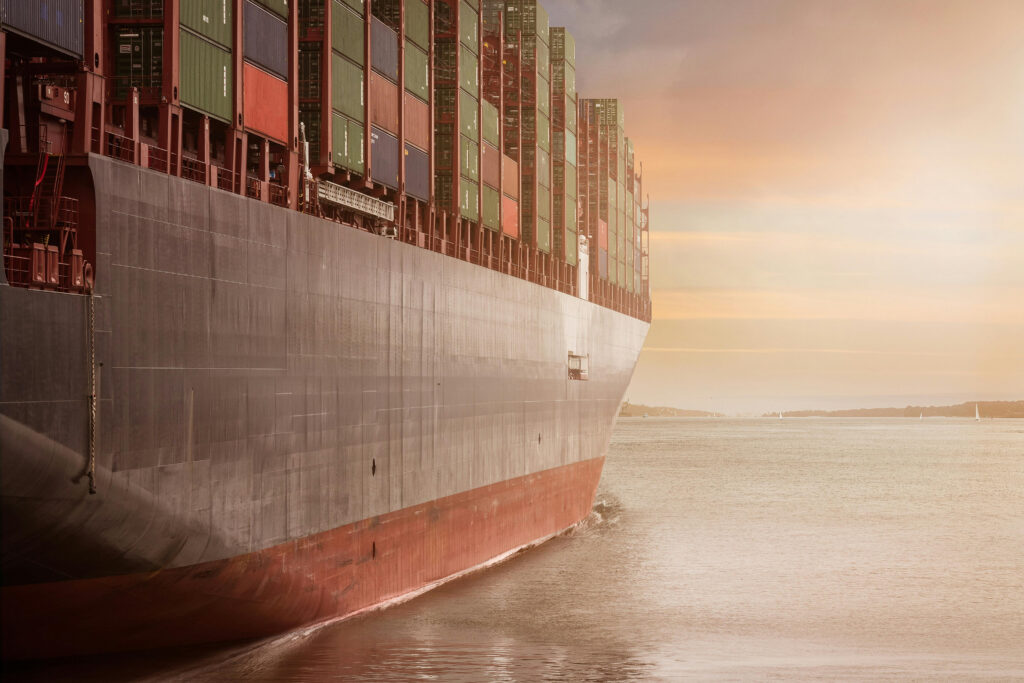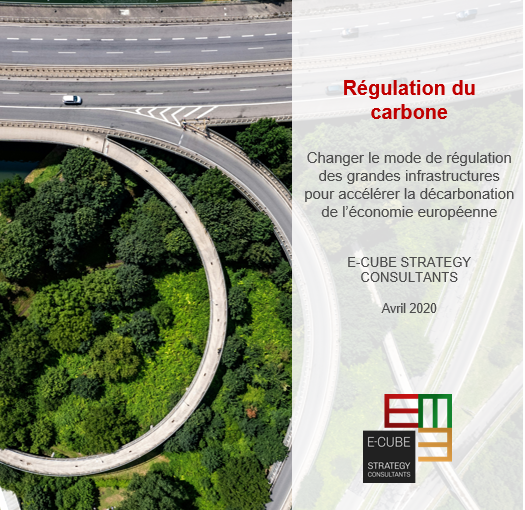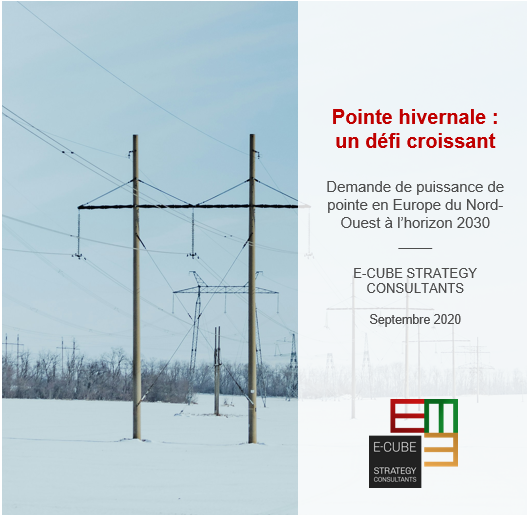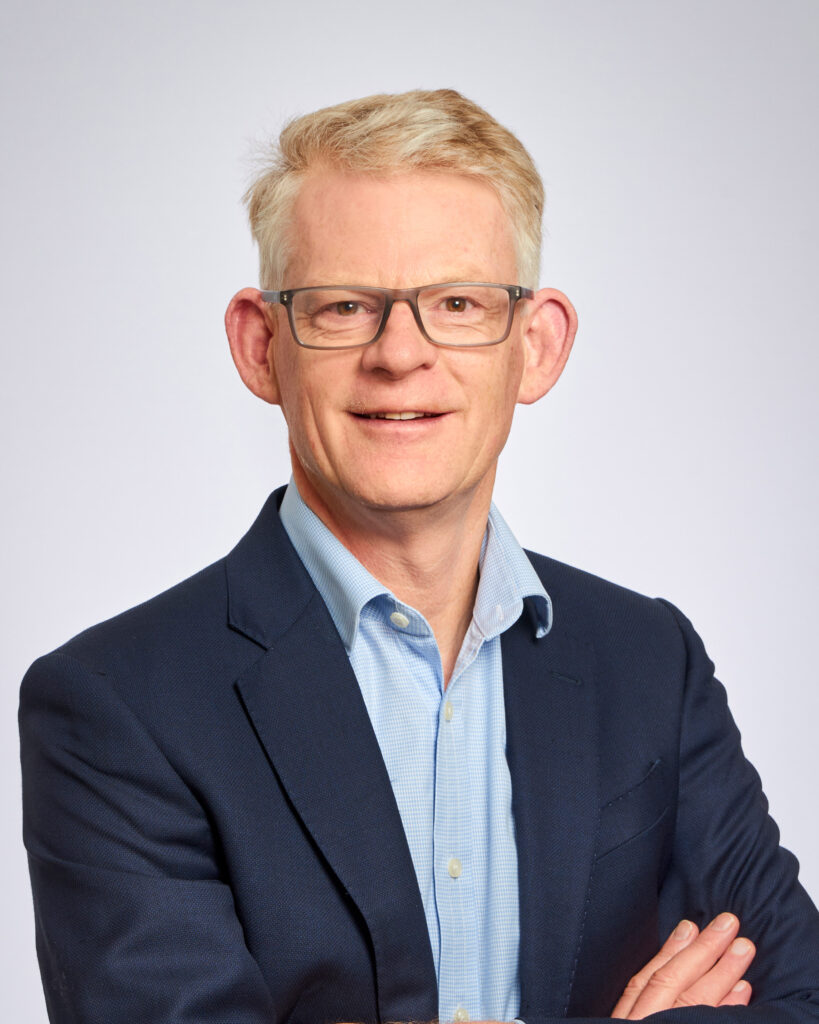E-CUBE has conducted, on behalf of Forsee Power—an expert in smart battery systems—a study titled Low-carbon European rail: solutions, opportunities, and challenges focusing on the decarbonization of rail transport in Europe. The findings will be presented at the InnoTrans international rail trade fair in Berlin from 20 to 23 September.
The study was carried out by engaging a broad panel of market stakeholders (rail equipment manufacturers, operators, engineering firms, public authorities, infrastructure managers, and rolling-stock procurement bodies) to examine the various needs, use cases, and low-carbon solutions for European rail.
Batteries and hydrogen are expected to capture most of the demand for decarbonized onboard traction. In the coming years, regional trains and shunting locomotives should be the first segments to benefit from these solutions, whereas the decarbonization of freight trains is expected to occur mostly after 2025. Since batteries are used in most major alternative traction technologies (H₂, hybrid, battery-electric), the battery market could reach €100–200 million per year over the next 10 years across the three main European markets (France, Germany, and the United Kingdom). Early suppliers of batteries to other transport modes—such as Forsee Power—will be key players in supporting the rail sector’s transition to battery-based traction systems.
